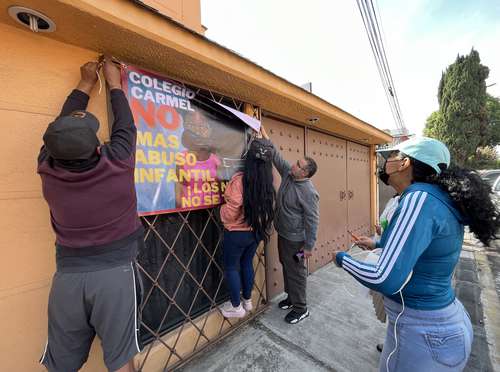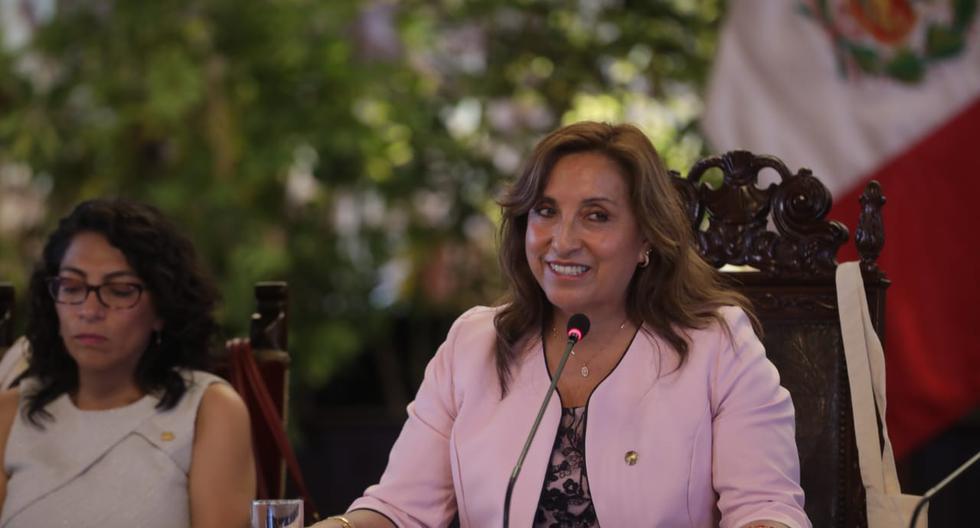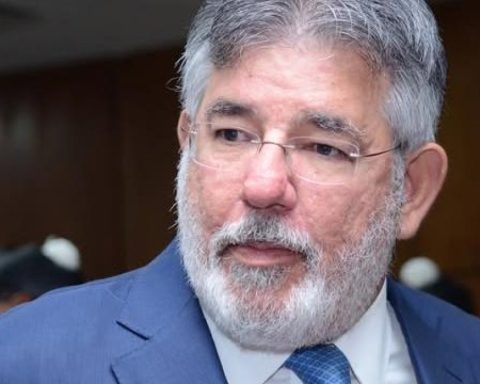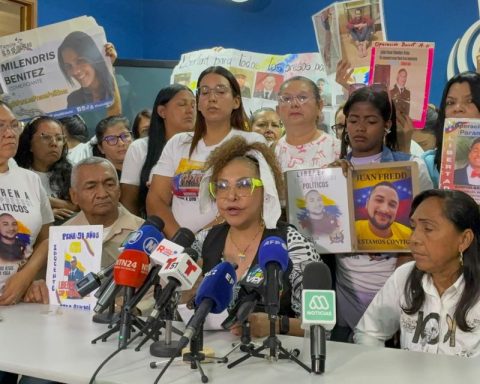▲ Relatives of a victim of abuse at the Carmel School, in Coyoacán, when denouncing the attacks on a blanket. CDMX authorities yesterday placed seals of suspension of activities on the campus.Photo Alfredo Dominguez
Carolina Gomez Mena
Newspaper La Jornada
Saturday March 11, 2023, p. eleven
In Mexico, impunity prevails in cases of child sexual abuse. Out of every thousand, 100 are reported. Of these, only 10 percent get to appear before a judge and only one percent receive a conviction, experts explained at the workshop. I speak when I can speak: the child abuse awareness processorganized by the group Reinserta.
Alberto Muñoz from the Office of the Ombudsman for Children’s Rights (ODI) and Daniela Cisneros, a Reinserta psychologist, explained that many complaints do not prosper because because child survivors of sexual abuse are revictimized, many give up and warned that should legislate so that these processes do not violate the human rights of those affected.
In the country, 23,000 adolescents between the ages of 12 and 17 suffered some type of sexual assault, including harassment, touching and non-consensual sexual acts, according to 2021 data from the National System for the Comprehensive Protection of Girls, Boys and Adolescents.
According to the Organization for Economic Cooperation and Development, Mexico is the first country in the world in sexual abuse of children and adolescents (NNA).
In addition, one in four children and adolescents between the ages of 10 and 17 claim to be exposed to sexual abuse in their environment, according to the 2021 Children and Youth Consultation applied by the National Electoral Institute.
The experts exposed that almost half of the sexual abuses against NNA are committed by a relative. Saskia de Niño de Rivera, co-founder of Reinserta, pointed out that 74 percent of offenders are in the victim’s inner circle
and that makes reporting difficult, even more so when it is the parents or one of them.
Due to the trauma and pain caused by sexual abuse and the lack of support, some victims take up to 50 years to speak about what happened. Survivors talk when they can talk, not when we want them to. You cannot become aware of an event if you are not emotionally ready
explained Daniela Cisneros.
You have to look at the survivor and respect her times and decisions. Judging or questioning the survivor reactivates the emotion of attack and the sensory memory of the moment in which she was violated. It is very serious, it is to completely violate her again
. In this regard, Alberto Muñoz said, It is different to tell the story and judge it
.
Among the main reasons for not talking about the abuse are fearing that their family does not believe or protect the aggressor or is emotionally attached to the perpetrator, 20 percent do not do so because they only want psychological support, and 7 percent are afraid of the abuser, among other causes.

















